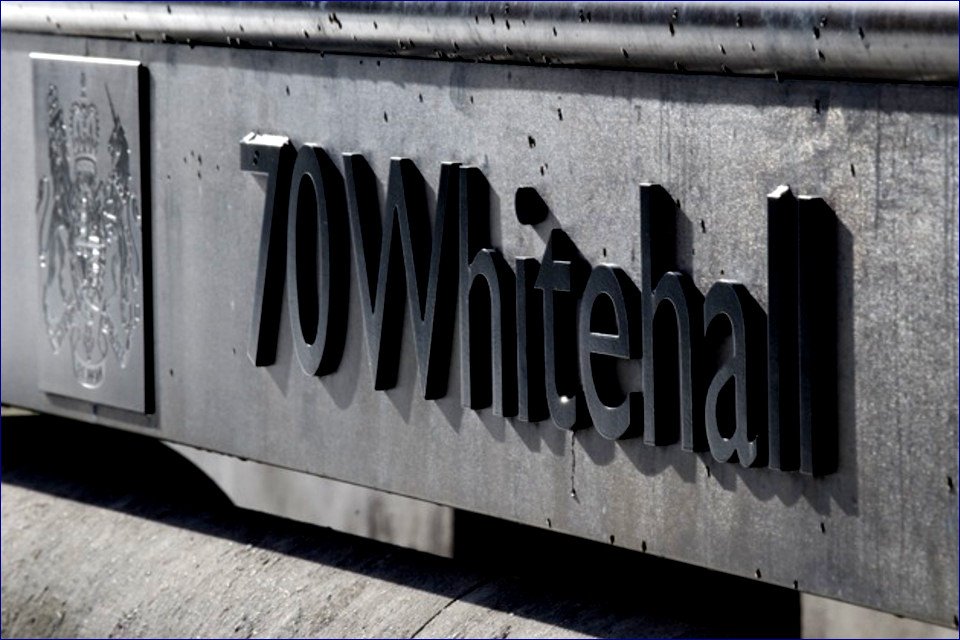In a bold and transformative initiative, Pat McFadden, the Chancellor of the Duchy of Lancaster, is taking the reins of change, unveiling a groundbreaking £100 million fund aimed at reinventing public service through a pioneering approach. With a clarion call for a shift away from the obsolete governmental practices of yesteryears, McFadden proposes a world where the state functions with the agility and innovation akin to a start-up.
“If we keep governing as usual,” he warns, “we are at risk of missing our mark entirely.” This statement echoes the sentiment of a nation poised on the brink of reform, catalyzed by a recent unveiling from the Prime Minister promising to improve citizens’ finances, restore the NHS, and rejuvenate Britain’s core structures.
Addressing a gathering at University College London’s East Campus in Stratford, McFadden espoused a paradigm shift within Whitehall—a turn towards a “test and learn culture.” This approach, he argues, should draw inspiration from successful tech enterprises and exemplary government schemes.
“Test it. Fix the problems. Change the design. Test it again,” he implored, encapsulating the essence of iterative improvement that has driven innovation in various sectors. The most pressing question, he suggests, should not be about perfection on the first attempt but rather “How do we make this better by next Friday?”
In a revolutionary spirit, McFadden is set to roll out an Innovation Fund that will dispatch specialized “test-and-learn” teams to tackle systemic challenges within the public sector. These crack teams—comprising a divergent mix of data specialists, policymakers, and frontline workers—will be entrusted with the freedom to forge new paths, experimenting boldly to unearth effective solutions.
Gone will be the days of convoluted policy papers. Instead, teams will face direct challenges, invigorating their work with a spirit of experimentation and become empowered to spearhead innovative strategies. This pragmatic approach starkly contrasts with what McFadden labels as the “pointless distractions” and “headline-grabbing gimmicks” of previous administrations.
The inaugural operations for these teams will kick-off in January 2025, with an initial focus on pressing issues in Manchester, Sheffield, Essex, and Liverpool. Their agenda: enhancing family support and streamlining temporary accommodation services.
“We’re not going to dictate how they do that,” McFadden reassured, emphasizing the flexibility granted to these teams. “The central point of these test-and-learns is that we set them a problem and then allow them the space to innovate.”
This collaborative ethos aims to revitalize Britain’s beleaguered public services, demonstrating a refreshed modus operandi in government, as outlined in the Plan for Change. After establishing initial successes, the test-and-learn initiative is set to broaden its horizons, tackling larger challenges of economic mobility and housing crises.
While McFadden acknowledges that these explorations may seem modest, he articulates a vision of transformation, “They could rewire the state one test at a time.”
Moreover, in a clarion call to the tech community, McFadden invites innovators from private sectors to embark on “Tours of Duty” in government, where their expertise will tackle monumental challenges encompassing criminal justice and healthcare reform.
“For the next phase, I can announce that these innovators will spend their Tours of Duty working on our five missions for government,” he articulated, reinforcing the necessity for diverse perspectives and experiences within the civil service.
In a further testament to this reformative spirit, McFadden underscored the vital role of frontline public service professionals—like prison governors and social work heads—urging them to join central government in delivering the pivotal Plan for Change.
“These individuals have confronted the issues firsthand,” he said. “They have taken the frustrations home with them each week. Now we want them to be part of the solution.”
To facilitate this shift, a thorough overhaul of the civil service recruitment process is on the horizon, as McFadden seeks to eliminate the “mind bogglingly bureaucratic and off-putting” barriers that deter talent.
“Right now, if you’re an outsider, the application process can be an insurmountable obstacle,” he lamented. “We need to simplify how we recruit so that we can truly attract the best talent.”
With this comprehensive plan, McFadden stands at the forefront, championing a renewed government ethos that promises to invigorate public service, unravel the complexities of bureaucracy, and champion true innovation for a more effective future.

